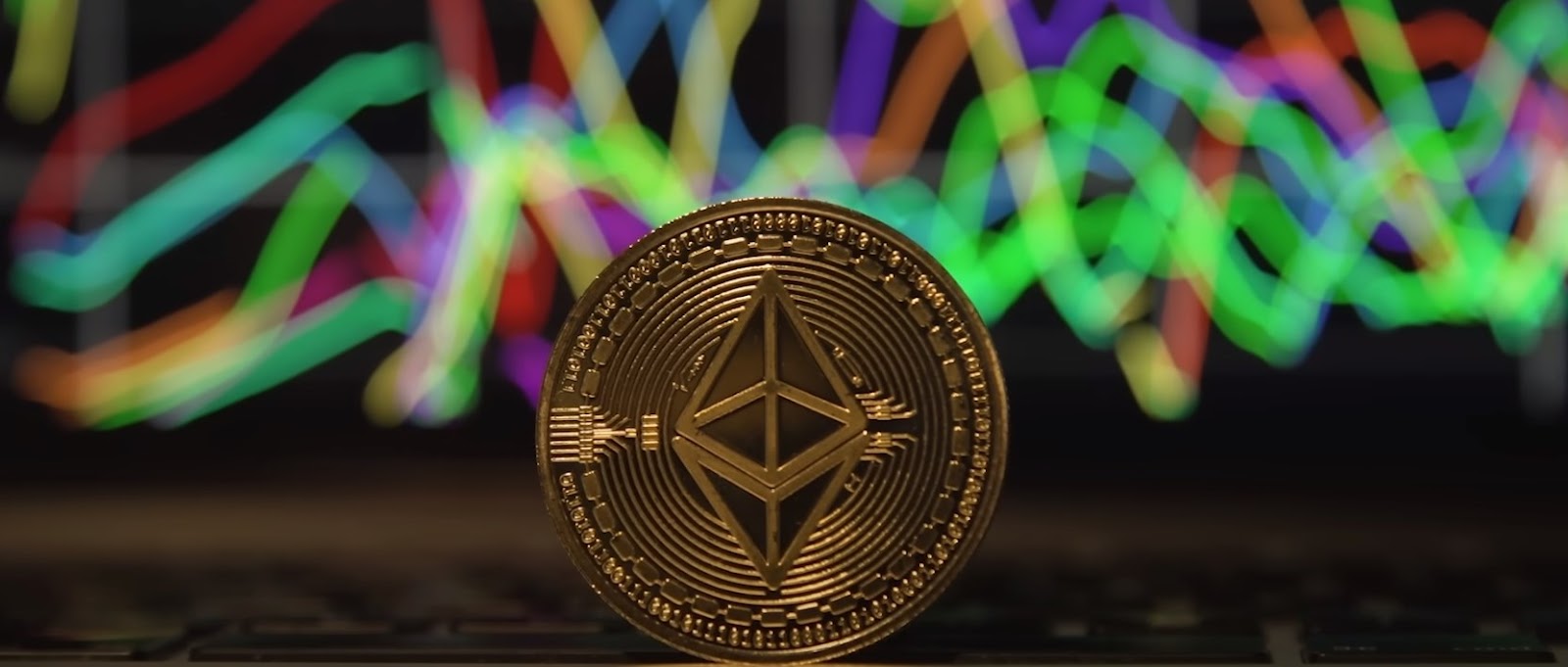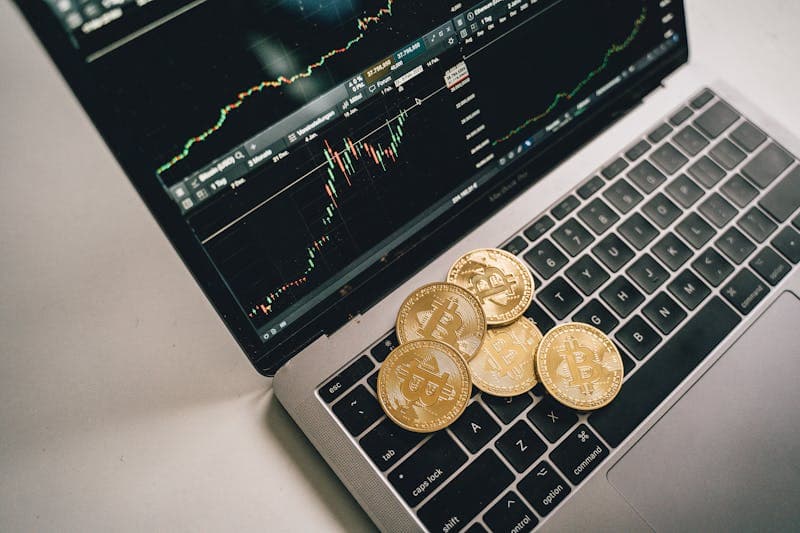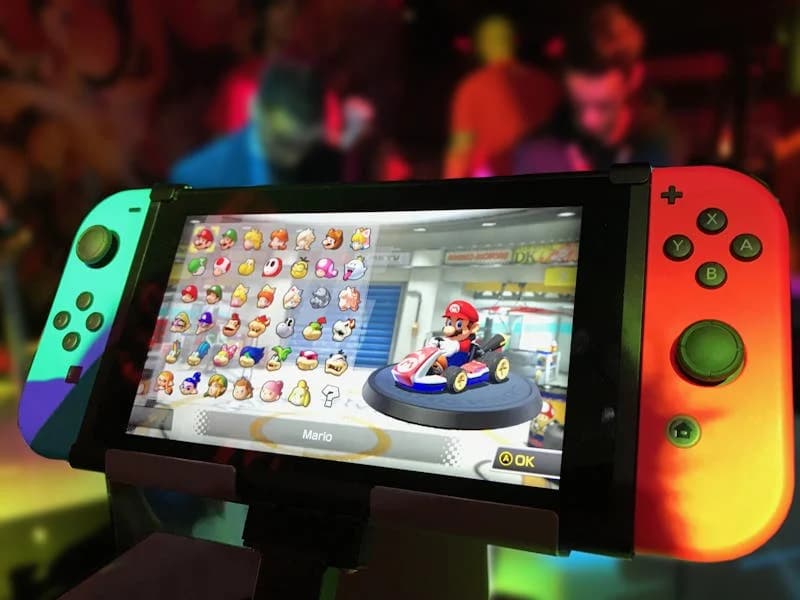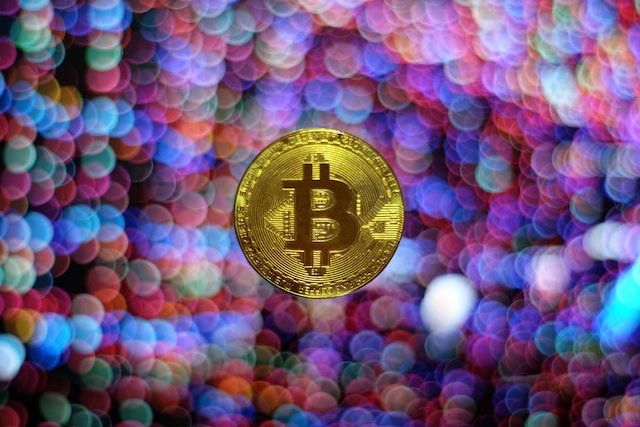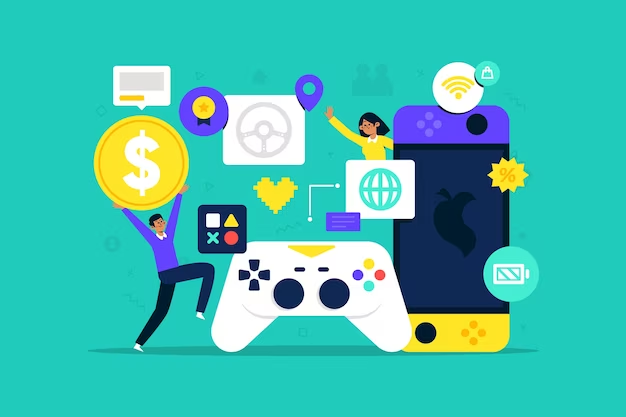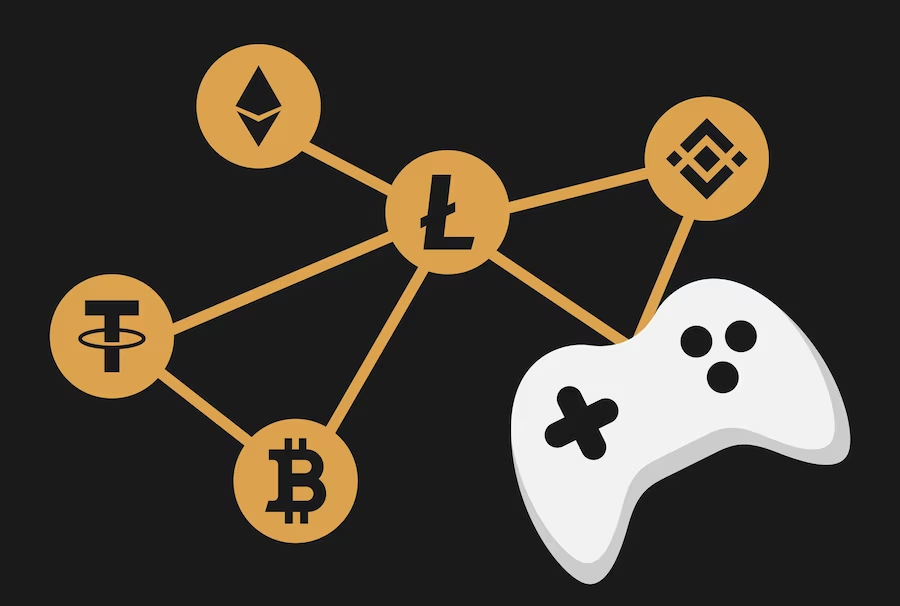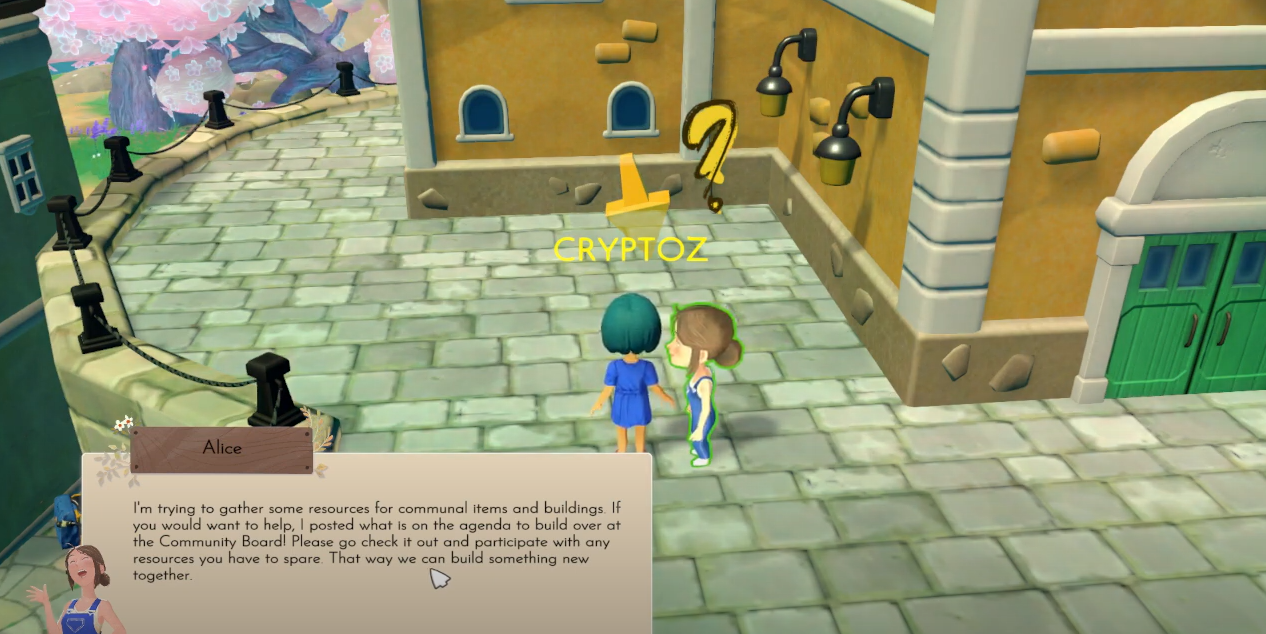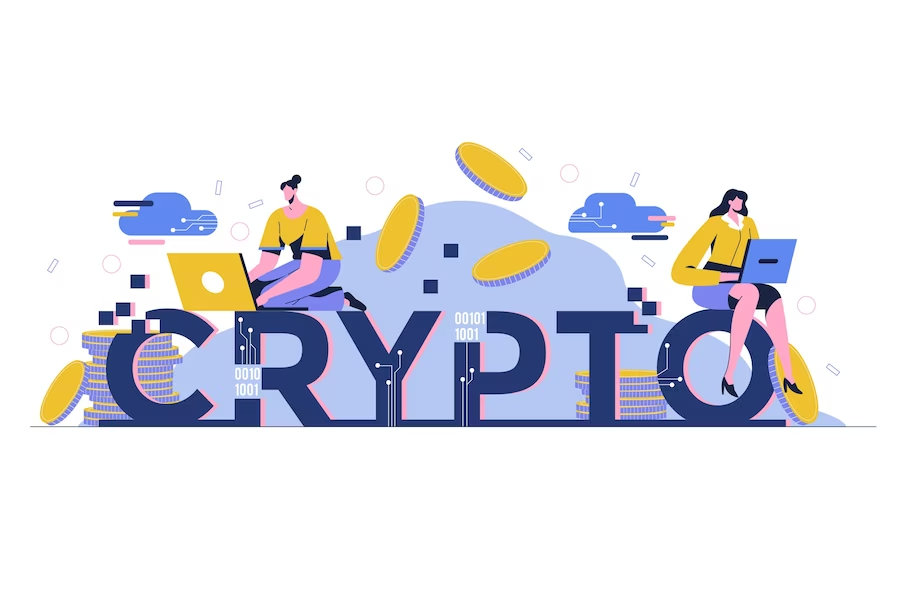In the rapidly evolving landscape of game development (GD), blockchain technology (BT) has emerged as a transformative force. This article delves into the realm of blockchain-powered gaming, highlighting the top blockchains that are reshaping the industry.
From decentralized solutions to secure transactions and ownership verification, these provide unparalleled opportunities for both game developers and players. Join us on this exploration as we unveil the best platforms tailored for GD, uncovering the endless possibilities they offer.
Top 10 Blockchain Platforms for Game Development
Discover the finest blockchains for GD, where BT has revolutionized the gaming sector. By offering decentralized solutions, secure transactions, and verifiable ownership of assets, these blockchains have unlocked exciting opportunities for both game developers and players.
Ethereum (ETH)
Ethereum (ETH) stands out as one of the most influential blockchains in the realm of GD. Created by Vitalik Buterin in 2015, Ethereum introduced smart contracts, which are self-executing agreements with predetermined conditions.
This groundbreaking innovation laid the foundation for decentralized applications (dApps) and the creation of unique games on the blockchain:
- Ethereum’s smart contract functionality empowers developers to build programmable and autonomous games, enabling players to interact transparently and securely with game mechanics and assets. These smart contracts facilitate various game elements, including character customization, item trading, and in-game economies, all managed on the blockchain;
- A notable outcome of Ethereum’s impact on gaming is the rise of non-gaming tokens (NFTs). NFTs represent distinct digital assets, such as game items, virtual real estate, or digital art. Ethereum’s support for NFTs has given birth to blockchain-based games like Cryptokitties, where players can breed and trade unique virtual cats. NFTs have revolutionized the concept of ownership in games, allowing players to genuinely own and monetize their digital assets;
- Moreover, Ethereum’s dominance in the gaming space stems from its open-source nature and active developer community. It offers an extensive range of development tools, frameworks, and libraries, such as Solidity (Ethereum’s programming language) and the Truffle suite. These resources simplify the process for developers to create and deploy games on the Ethereum blockchain;
- However, Ethereum has faced challenges with scalability and high transaction fees. As Ethereum-based games gained popularity, the network experienced congestion, resulting in slower transaction times and increased costs. This limitation prompted the exploration of alternative blockchains that could address scalability issues;
- Despite the challenges it faces, Ethereum continues to have a significant impact on the world of GD. The functionality of smart contracts and the support for NFTs have laid the foundation for immersive gaming experiences on the blockchain. As Ethereum undergoes updates like Ethereum 2.0 and introduces Layer 2 scaling solutions, we anticipate enhanced scalability and a more convenient gaming experience for developers and players alike.
All in all, Ethereum’s pioneering integration of smart contracts and NFTs has positioned it as a prominent player in blockchain-based GD. Its open-source nature, vibrant developer community, and extensive toolkit make it an appealing platform for creators seeking to build innovative and decentralized games. Although scalability remains a challenge, Ethereum’s continuous development and modernization promise to elevate blockchain-based gaming to new heights in the future.
Flow
Flow is a purpose-built blockchain platform for GD and digital entertainment.
Developed by Dapper Labs, the creators of the renowned blockchain game CryptoKitties,
Flow aims to provide a scalable and user-friendly environment for developing decentralized applications (dApps) with a primary focus on gaming experiences:
- Scalability is of utmost importance for blockchain-based games, as they require high transaction throughput and responsiveness to accommodate a large user base. Flow tackles this challenge through a unique sharding mechanism, where each shard functions as a separate blockchain with its own computational power. This approach enables Flow to achieve high throughput and parallel processing, ensuring a seamless and efficient gaming experience;
- What sets Flow apart is its architecture. Unlike traditional blockchains that require global consensus for every transaction, Flow separates the consensus and execution levels. This separation empowers developers to create and implement sophisticated smart contracts without compromising performance;
- Flow offers game developers several purpose-built features. Among them is Cadence, a smart contract programming language designed specifically for Flow. Cadence emphasizes security and developer-friendliness, prioritizing readability and ease of use. It strikes a balance between security and expressiveness, enabling developers to craft efficient and robust smart contracts for their games;
- Additionally, Flow provides a comprehensive suite of tools and resources to streamline the GD process. Flow Playground allows developers to experiment with Cadence and test their smart contracts in a sandboxed environment. Flow Emulator facilitates local testing and debugging, while Flow Studio offers a visual interface for creating, deploying, and managing dApps on the Flow blockchain;
- One of Flow’s notable successes is NBA Top Shot, a blockchain-based collectible game officially licensed by the National Basketball Association (NBA). NBA Top Shot enables fans to collect, trade, and own officially licensed NBA video clips in the form of NFTs. The game has gained immense popularity, showcasing Flow’s ability to handle large-scale applications with millions of users;
- Flow’s dedication to user experience extends beyond developers to encompass end users. The platform strives to provide gamers with a seamless and intuitive experience, enabling easy connection and interaction with blockchain-based games. Flow offers user-friendly wallets like Blocto and Dapper, featuring intuitive interfaces and secure storage for digital assets and NFTs.
Flow has emerged as the preferred platform for GD, offering scalability, usability, and a comprehensive set of tools tailored to creating immersive and decentralized gaming experiences. With its unique sharding architecture, developer-friendly programming language, and successful projects like NBA Top Shot, Flow has taken the lead in the blockchain gaming industry, paving the way for the future of such type of gaming.
Binance Smart Chain (BSC)
Binance Smart Chain (BSC) is a platform developed by Binance, one of the world’s largest cryptocurrency exchanges.
BSC was designed to address the scalability and high transaction fees associated with the Ethereum network while maintaining compatibility with the Ethereum Virtual Machine (EVM) and its ecosystem:
- BSC functions as a parallel chain to Binance Chain, the native blockchain of Binance. This parallel structure allows for faster and more cost-effective transactions, making it appealing to both developers and users. BSC achieves scalability through a Proof of Staked Authority (PoSA) consensus mechanism, where validators are elected based on their stake in BNB, Binance’s native cryptocurrency;
- A key advantage of BSC is its compatibility with the Ethereum ecosystem. Developers can easily migrate their existing Ethereum-based projects to BSC with minimal changes, such as adjusting network connectivity settings. This compatibility enables developers to tap into a vast and reputable developer community and leverage existing tools, libraries, and frameworks originally built for Ethereum;
- BSC’s low transaction fees have made it an attractive platform for decentralized applications (dApps), including games. Game developers can create blockchain-based games on BSC, providing players with unique gaming experiences and financial incentives. PancakeSwap, a decentralized exchange on BSC, combines gaming elements with decentralized finance (DeFi), enabling users to earn rewards through yield farming and liquidity provision;
- Additionally, BSC has its own native token, Binance Coin (BNB), which serves as the primary utility token on the platform. BNB can be utilized for various purposes, including paying transaction fees, participating in token sales, and accessing specific features of BSC-based applications;
- Binance has also developed the Binance Chain Wallet, a user-friendly interface for interacting with BSC and managing digital assets. This wallet seamlessly integrates into popular browsers, providing users with a convenient way to store and transfer tokens and NFTs on the BSC network;
- It is worth noting that the centralized nature of BSC, with fewer validators compared to Ethereum, has sparked debates about its level of decentralization and security. However, the increasing popularity of BSC and its expanding ecosystem of applications demonstrate its potential in addressing specific challenges, particularly in the gaming and DeFi sectors.
With its parallel blockchain structure, BSC facilitates faster and more cost-effective transactions, making it an attractive choice for developers and users alike. While discussions on decentralization continue, the growing adoption of BSC and its robust toolset make it a viable option for building decentralized applications, including blockchain-based games, and exploring innovative opportunities in the realm of BT.
Polygon (MATIC)
Polygon (formerly known as Matic Network) serves as a Layer 2 scaling solution for the Ethereum blockchain, aiming to address Ethereum’s scalability challenges.
By creating a framework that enables faster and more cost-effective transactions, Polygon becomes an ideal choice for GD on the blockchain.
- Polygon achieves scalability through a combination of technologies, including sidechains, plasma chains, and a decentralized validator network. These mechanisms enable Polygon to process a significant volume of transactions off the main Ethereum network, alleviating congestion and enhancing transaction speeds;
- One of the key advantages of Polygon is its seamless compatibility with Ethereum. Developers can effortlessly migrate their existing Ethereum-based projects to Polygon by deploying their smart contracts on the Polygon network. This compatibility ensures developers can leverage their existing knowledge, tools, and codebase, streamlining the transition to Polygon;
- The Polygon ecosystem offers a range of tools and frameworks to support the developers. Polygon’s developer tools include the Polygon SDK, which provides a comprehensive set of APIs and libraries for creating decentralized applications (dApps) and games. Furthermore, Polygon’s integration with Ethereum allows developers to utilize various Ethereum-based solutions such as wallets and decentralized exchanges within their games;
- In addition to scalability, Polygon also offers low transaction fees. By shifting the majority of transactions to the Polygon sidechain, developers can significantly reduce the costs associated with gas fees on the Ethereum core network. These cost efficiencies are crucial for the developers aiming to provide a seamless and affordable gaming experience for their users;
- Polygon’s network ensures high security through a decentralized network of validators. Validators verify transactions and maintain the integrity of the blockchain, bolstering the network’s security and reliability by preventing any single entity from gaining control.
Polygon has gained popularity among such games and platforms due to its scalability and accessibility. Notable projects like Decentraland, a virtual reality platform enabling users to create and monetize virtual worlds, leverage Polygon’s capabilities to provide a seamless and cost-effective gameplay experience. Other projects like Aavegotchi and SkyWeaver also utilize Polygon to develop captivating blockchain-based games.
Conclusion
The best blockchains for GD empower developers to create innovative and immersive games that offer increased player engagement.
- Ethereum kickstarted the blockchain-based gaming revolution with its smart contract features and NFT support;
- Flow addresses scalability challenges, while Binance Smart Chain provides low transaction fees and fast confirmations;
- Polygon serves as a second-tier solution for scalability, and Tezos brings self-adjustment and formal verification to the table.
As BT continues to evolve, we can anticipate further advancements that will redefine GD and revolutionize the gaming industry as we know it.
